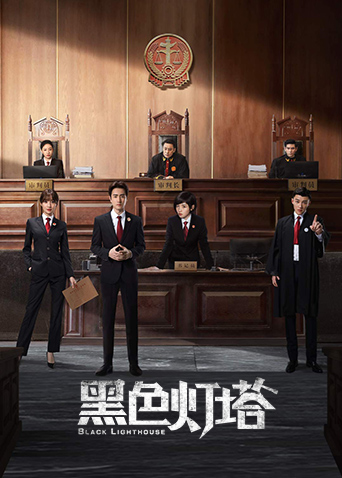 黛娜华盛顿
黛娜华盛顿
发表于9分钟前回复 :The Doll is an adaptation of the novel, The Doll (novel) by Bolesław Prus, which is regarded by many as one of the finest Polish novels ever written and, along with Pharaoh (novel), made Bolesław Prus a potential candidate for the Nobel Prize in literature. The influence of Émile Zola is evident, and some have compared the novel to Madame Bovary by Gustave Flaubert; both were Prus's contemporaries. The movie, however, may be more compared to Stendhal's Le Rouge et le Noir, (The Red and the Black).The Doll constitutes a panorama of life in Warsaw between 1878 and 1879, and at the same time is a subtle story of three generations of Polish idealists, their psychological complications, their involvement in the history of the nineteenth century, social dramas, moral problems and the experience of tragic existence. At the same time this story describes the disintegration of social relationships and the growing separation of a society whose aristocratic elite spreads the models of vanity and idleness. In the bad air of a backward country, anti-Semitic ideas are born, valuable individuals meet obstacles on their way, and scoundrels are successful.This poetic love story follows a nouveau riche merchant, Stanislaw Wokulski, through a series of trials and tribulations occasioned by his obsessive passion for an aristocratic beauty, Izabela Lecka, played by the famous Polish actress, Beata Tyszkiewicz.Plot:As a descendant of an impoverished Polish noble family, young Wokulski is forced to work as a waiter at Hopfer's, a Warsaw restaurant, while dreaming of a life in science. After taking part in the failed 1863 Uprising against Tsarist Russia, he is sentenced to exile in Siberia. On eventual return to Warsaw, he becomes a salesman at Mincel's haberdashery. Marrying the late owner's widow (who eventually dies), he comes into money and uses it to set up a partnership with a Russian merchant he had met while in exile. The two merchants go to Bulgaria during the Russo-Turkish War of 1877-78, and Wokulski makes a fortune supplying the Russian Army. The enterprising Wokulski now proves a romantic at heart, falling in love with Izabela, daughter of the vacuous, bankrupt aristocrat, Tomasz Łęcki. In his quest to win Izabela, Wokulski begins frequenting theatres and aristocratic salons; and to help her financially distressed father, founds a company and sets the aristocrats up as shareholders in his business.The indolence of these aristocrats, who secure with their pensions, are too lazy to undertake new business risks, frustrates Wokulski. His ability to make money is respected but his lack of family and social rank is condescended to. Because of his "help" (in secret) to Izabela's impecunious but influential father, the girl becomes aware of his affection. In the end she consents to accept him, but without true devotion or love.(wikipedia)
 蛋糕炸弹
蛋糕炸弹
发表于4分钟前回复 :二十九岁的打工男功不成名不就,因贸然参加试药,意外变成鱼头人身的变种人。梦想成为报导真相、揭发不义的社会新鲜人,被指派调查鱼男的真伪,意外掀起一波震惊全国的社会骚动。年轻人失业率逐年高涨,对社会感到绝望却也无能为力,鱼男的出现成为新世代的精神寄託。但在大企业与媒体操作下,舆论风向球再次翻转⋯⋯。导演权五光大胆剖开当代社会的丑陋面向,讽刺媒体造神与妖魔化怪象,仔细探究民众闻鸡起舞的分化对立,以荒诞寓言包装人性的残酷冷血。《鱼男悲歌》如同照妖镜一般,映出现今乱象当道的畸形社会,以无畏的眼光捕捉资本主义的变形记。以知名韩国综艺节目〈Running Man〉走红的李光洙首次担纲主角,精彩诠释面临困境的茫然世代。




